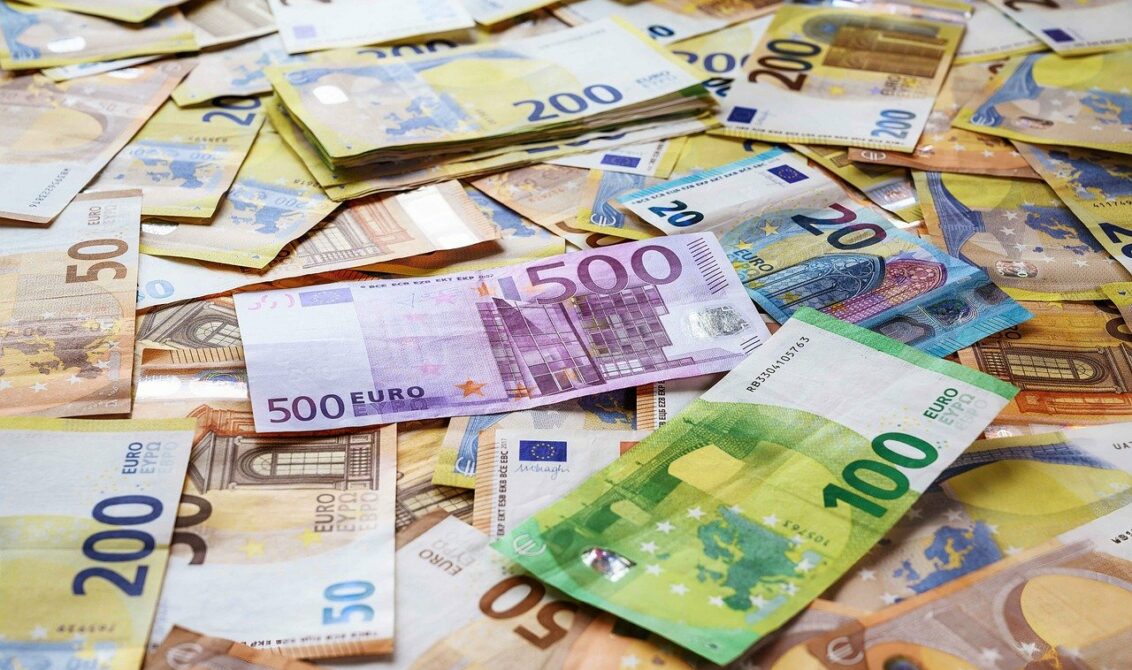Original article (in Montenegrin) was published on 05/09/2024; Author: Nina Djuranovic
Whether we choose to pay for a product or service with cash or a card is entirely up to our personal preferences and habits.
The idea of a cashless society is often depicted as a way to achieve total control over people, while the use of cash is promoted as a form of resistance against powerful figures seeking to dominate us.
A video circulating on TikTok and Facebook (1, 2) claims that the European Central Bank (ECB) has stopped printing euros, supposedly as of June 1st this year. Additionally, it claims that:
“All banks in the European Union, especially in Austria, have stopped accepting cash at their counters. The only cash you can use for payments is through the post office, which charges a fee of 12 euros per transaction. Slowly but surely, we are entering the digital era, with everything going digital here. So, the idea that dollars and euros are still being printed is false. Both the euro and the dollar, like bitcoin, are based on nothing.”

Firstly, it is not true that the European Central Bank has stopped printing money.
The official ECB website contains up-to-date information about its monetary policies, and nowhere does it mention halting the printing of currency, one of its primary roles.
On the contrary, the website outlines its banknote printing plans for this year and 2025.
Our colleagues at Faktograf, who have also investigated these claims, received confirmation from the Croatian National Bank that money printing is proceeding as scheduled.
“In the chart, each euro banknote denomination lists the countries participating in its production. For instance, for 2024, it states that the Republic of Croatia, as a member of the Eurosystem and one of the issuers of euro banknotes, will be involved in producing 20-euro notes. Furthermore, we can confirm that production and delivery are on schedule, and the Croatian National Bank has received its contracted euro banknotes in July and August this year,” Faktograf reports.
Both the Croatian National Bank and the Austrian national news agency APA have confirmed that it is untrue that banks in Austria are refusing to accept cash at their counters.
In Austria, cash is still a widely used method of payment, and the government is even considering introducing legal measures to protect the right to use cash.
Austrian Chancellor Karl Nehammer proposed last year that the right to use cash should be enshrined in the constitution to safeguard citizens who prefer cash payments.
The Austrian Central Bank (Oesterreichische Nationalbank) responded to Faktograf, stating they have no information about banks in Austria refusing to accept cash.
Clearly, the video shared on TikTok and Facebook is a compilation of conspiracy claims with no factual basis.
While contactless and digital payments are becoming increasingly common in daily life, cash remains a significant payment method for many people.
Given that the European Central Bank continues to print banknotes as planned and that banks across the EU regularly handle cash, the claims in the video are rated as fake news.
The “Fake news” rating is given to an original media report (completely produced by the media that
published it) that contains factually incorrect claims or information. Content that is rated as fake
news can be reliably determined to have been created and disseminated with the intent to
misinform the public, that is, to present a completely false claim as fact.



